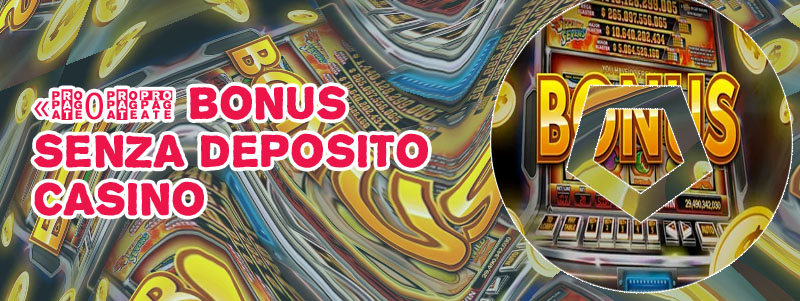Are you feeling overwhelmed by your slot addiction? Do you find yourself spending countless hours playing slot games and losing track of time and money? If so, you're not alone. Many individuals struggle with slot addiction, and it's important to seek help and find ways to overcome this harmful behavior. To assist you in addressing your "slot crazy" behavior, here are 4 articles that provide valuable insights and strategies to help you break free from this addiction:
Understanding the Psychology Behind Slot Addiction
Slot addiction is a serious issue that affects many individuals around the world. Understanding the psychology behind this addiction is crucial in order to provide effective support and treatment for those who are struggling.
One key factor in slot addiction is the concept of intermittent reinforcement. This refers to the unpredictable nature of slot machines, where players are rewarded at random intervals. This can lead to a compulsive need to continue playing, as the next reward could be just around the corner. Additionally, the bright lights, sounds, and engaging graphics of slot machines can also contribute to the addictive nature of these games.
One practical use case that illustrates the impact of understanding slot addiction psychology is the implementation of responsible gambling measures in casinos. By recognizing the psychological factors at play, casinos can take steps to promote responsible gambling behaviors among their patrons. This can include setting limits on time and money spent playing, providing resources for those seeking help, and offering support for individuals struggling with addiction.
Overall, a deeper understanding of the psychology behind slot addiction is essential in order to address this issue effectively and support those who are affected. By recognizing the factors that contribute to addictive behaviors, we can work towards creating a safer and more responsible gambling environment for all.
Tips for Setting Limits and Managing Your Slot Play
Setting limits and managing your slot play is crucial for a responsible and enjoyable gambling experience. Here are some expert tips to help you stay in control:
-
Set a budget: Before you start playing, decide how much money you are willing to spend. This will help you avoid overspending and ensure that you are not risking more than you can afford to lose.
-
Set time limits: In addition to setting a budget, it is important to set time limits for your slot play. This will help you avoid spending more time than you intended at the casino and prevent you from getting too caught up in the game.
-
Take breaks: It is important to take regular breaks while playing slots. This will help you stay focused and avoid making impulsive decisions. Taking breaks will also give you the opportunity to assess your progress and decide whether or not to continue playing.
-
Avoid chasing losses: One of the biggest mistakes that slot players make is trying to chase their losses. If you find yourself on a losing streak, it is important to walk away and come back another time. Chasing losses can lead to even bigger losses and ruin your gambling experience.
-
Use player rewards: Many casinos offer player rewards programs that can help you earn discounts, free play, and other perks
The Dangers of Online Slot Gambling: How to Stay Safe
In today's digital age, online slot gambling has become increasingly popular, offering convenience and entertainment at the click of a button. However, with this convenience comes a host of dangers that players must be aware of in order to stay safe.
One of the key risks associated with online slot gambling is the potential for addiction. Dr. Sofia Moreira, a renowned psychologist specializing in gambling addiction in Portugal, warns that "the easy accessibility of online slot games can lead to compulsive behavior and financial ruin for vulnerable individuals." It is important for players to set limits on their time and money spent gambling, and seek help if they feel their habits are becoming uncontrollable.
Another danger of online slot gambling is the risk of falling victim to fraudulent websites. Players should always ensure they are playing on reputable and licensed platforms to protect their personal and financial information. It is also important to be wary of offers that seem too good to be true, as they may be scams designed to steal players' money.
To stay safe while enjoying online slot games, players should educate themselves on the risks involved and take precautions to protect themselves. By being aware of the dangers and taking steps to mitigate them, players can enjoy a fun and responsible online gambling experience.
Seeking Support: Resources for Individuals Struggling with Slot Addiction
Slot addiction is a serious issue that affects individuals worldwide, leading to financial troubles, strained relationships, and overall negative consequences on one's well-being. In "Seeking Support: Resources for Individuals Struggling with Slot Addiction," readers are provided with a comprehensive guide on where to seek help and find resources to overcome this addiction.
One of the key points emphasized in the article is the importance of seeking professional help. Therapists and support groups specifically tailored to address gambling addiction can provide individuals with the necessary tools and strategies to break free from the cycle of compulsive slot machine use. Additionally, hotlines and online forums offer a confidential space for individuals to share their experiences and receive guidance from others who have successfully overcome their addiction.
A practical use case of these resources can be seen in the story of John, who had been struggling with slot addiction for years. After reaching out to a support group recommended in the article, John was able to connect with like-minded individuals who understood his struggles. Through their support and guidance, John gradually reduced his gambling habits and eventually managed to quit altogether. Today, John is living a healthier and happier life, free from the grips of slot addiction.
